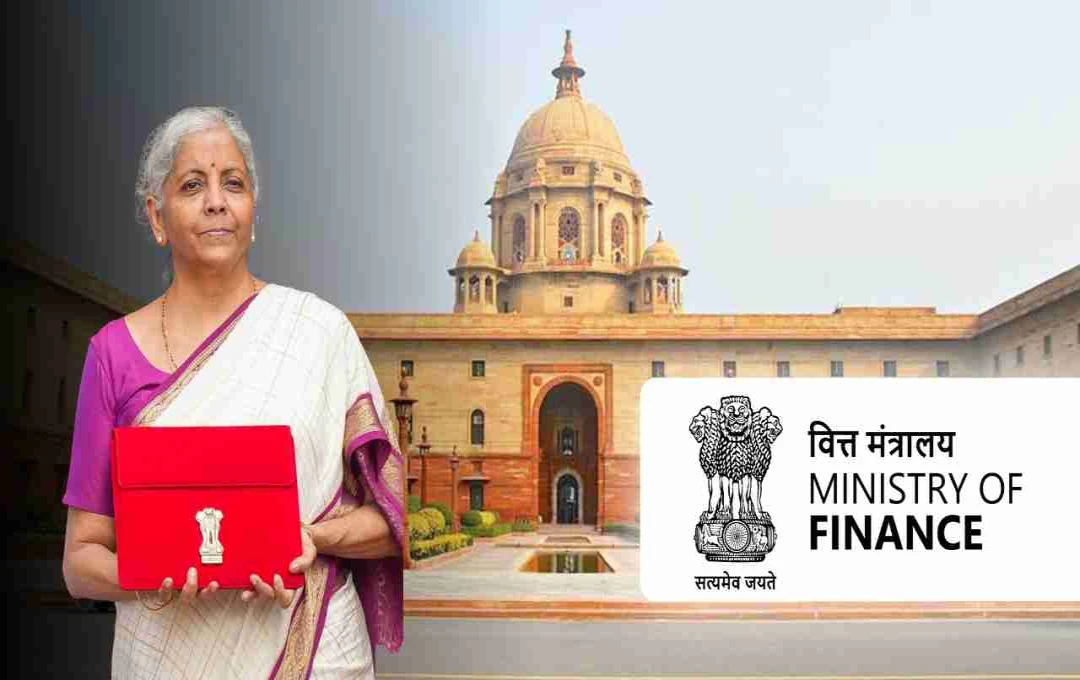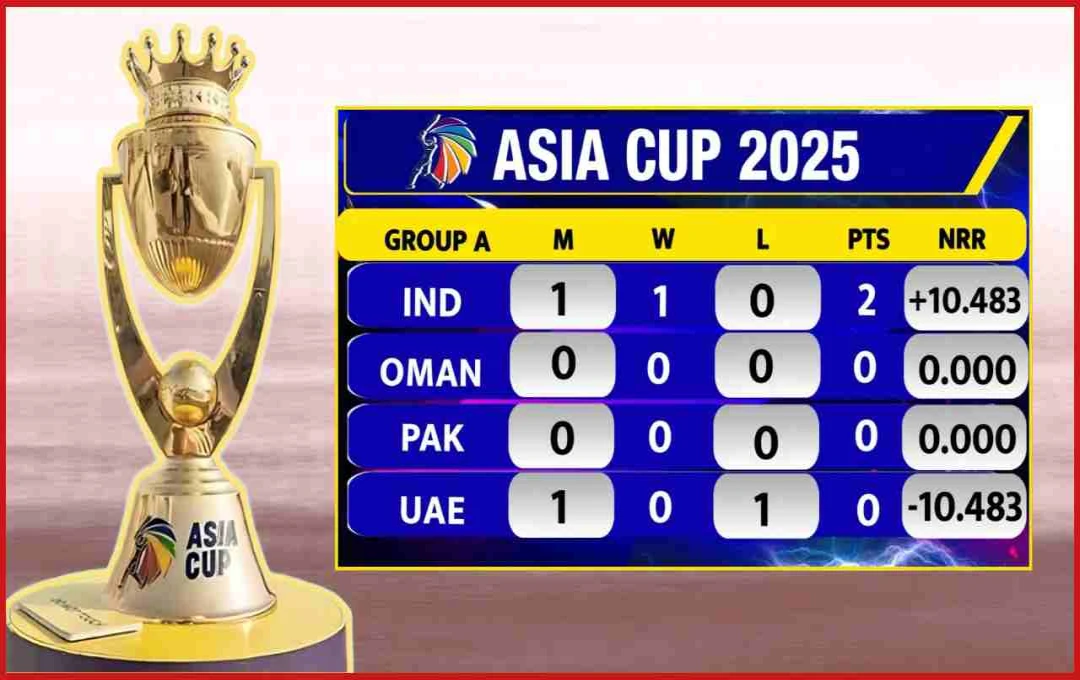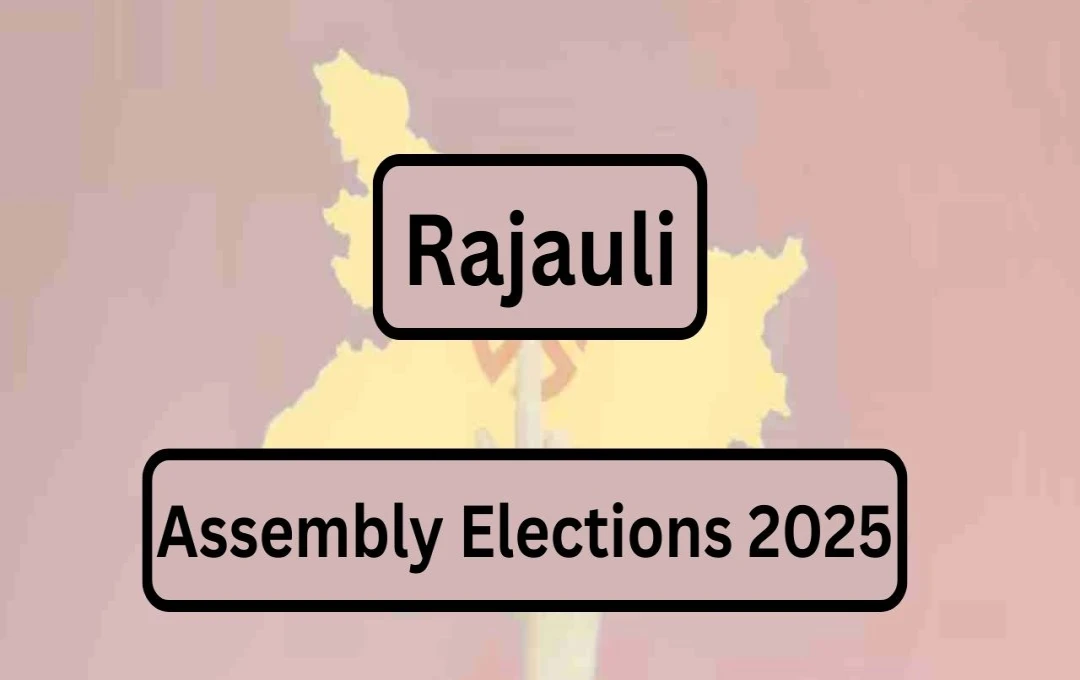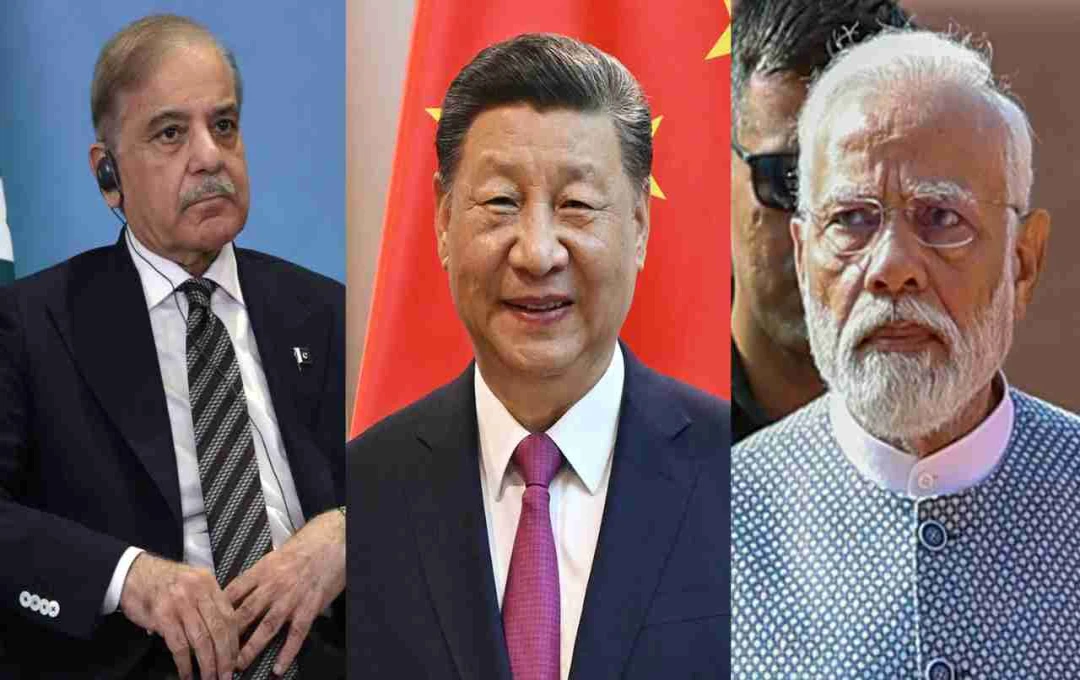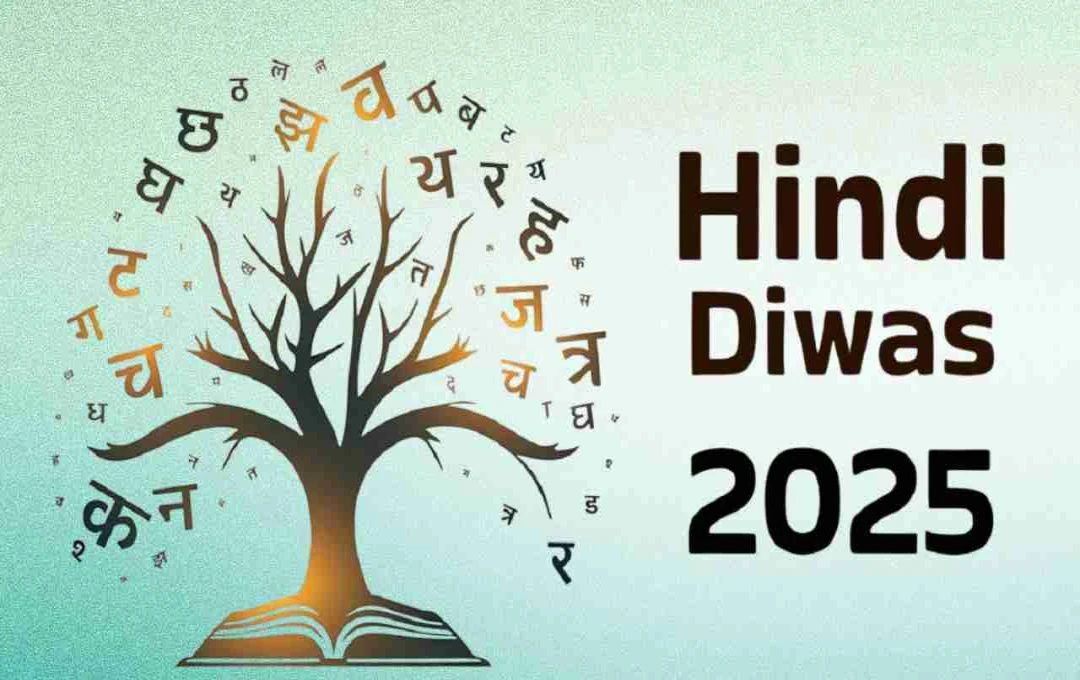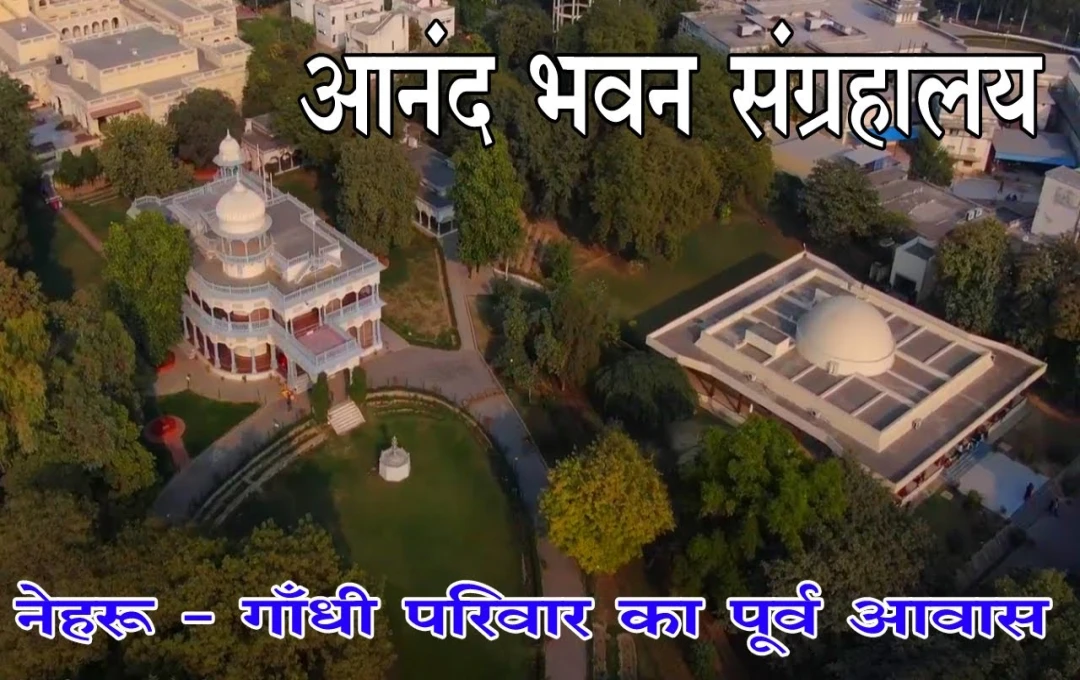Finance Minister Nirmala Sitharaman has taken a significant and historic decision, bringing relief to crores of taxpayers. On July 24, 2025, she directed the Central Board of Direct Taxes (CBDT) to withdraw all tax appeals within three months that now fall under the revised monetary limits. This move will expedite the resolution of long-pending tax disputes in the country.
Announcement in the Budget, Now Being Implemented
In the 2024-25 budget, the government increased the monetary limits for filing departmental tax appeals. For the Income Tax Appellate Tribunal, the limit was increased from ₹50 lakh to ₹60 lakh. For the High Court, it was increased from ₹1 crore to ₹2 crore, and for the Supreme Court, from ₹2 crore to ₹5 crore.
Due to these new limits, the department will no longer take cases involving small amounts to court. The direct benefit of this will be a reduction in the unnecessary burden on the courts and a focus on larger tax disputes.
Impacts Began to Appear in 2024 Itself
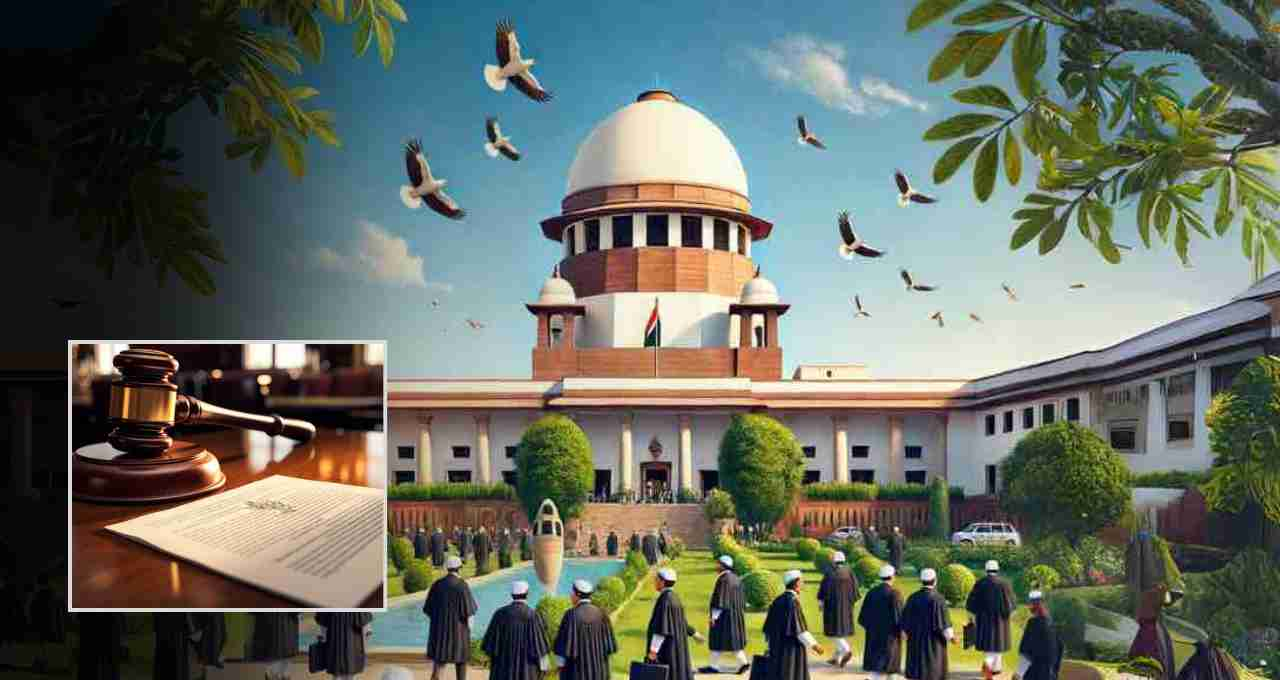
The tax department started implementing the effects of this decision immediately after the budget. In the year 2024, the department withdrew 4605 appeals, while 3120 new cases were not filed at all because they fell under the new limits. This clearly shows that the department is now moving rapidly towards resolution instead of disputes.
Lakhs of Appeals Pending, Now Will Be Resolved Quickly
According to government figures, there are still 5.77 lakh tax appeals pending across the country. Of these, the government aims to settle 2.25 lakh cases in the 2025-26 financial year. If this target is achieved, tax disputes worth more than ₹10 lakh crore could be resolved.
Sitharaman also directed the CBDT to conduct an in-depth review of these pending cases and find out why such a large number of cases are pending. Along with this, a permanent solution to the grievances of taxpayers should also be found.
Instructions to Expedite Refunds and Dispute Resolution
The Finance Minister also told the tax department to expedite the process of tax refunds and resolve all disputed tax demands in a timely manner. This will not only provide relief to taxpayers but also improve the image of the department. She also said that the tax department should continuously review its performance at the regional level so that no region lags behind.
Another Step Towards Transparency in the Tax System
In her address, the Finance Minister also mentioned that the CBDT is currently preparing a new Income Tax Bill. She said that about 60,000 man-hours have been spent on this work. The old law consisted of approximately five lakh words, which have now been halved. Nevertheless, it has been ensured that legal robustness is maintained.
This new tax bill is considered a major step towards making the tax system simple, clear, and understandable for the common man.
Government's Focus on Resolution Over Litigation
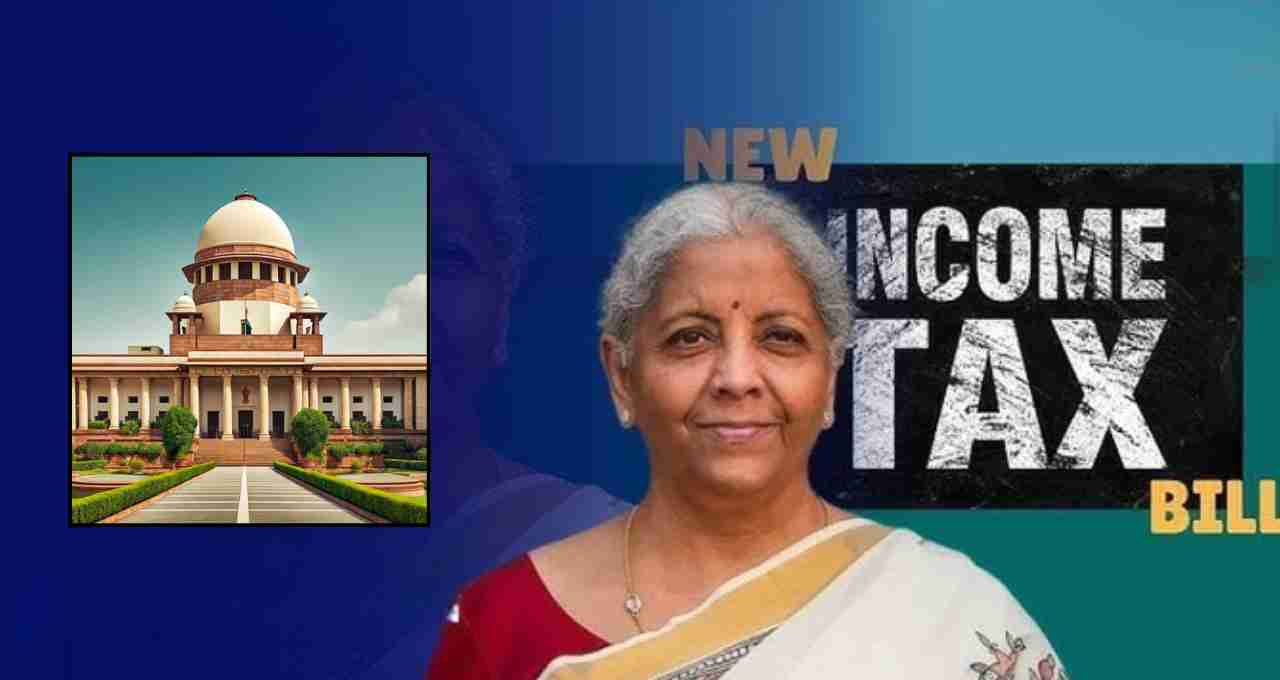
It is clear that the government's focus is now shifting from litigation to resolution and dialogue. Earlier, where people used to knock on the doors of the court for years for disputes involving small amounts, now those same cases are being withdrawn by the department.
This will reduce the burden on the courts, reduce the mental and financial distress of taxpayers, and allow the department's time and resources to be focused on larger and more serious cases.
CBDT's Role Appreciated
Appreciating the efforts of the CBDT, Sitharaman said that the department has not only tried to present technically complex issues in simple language but has also laid the foundation for a modern tax administration. Now taxpayers will not have to go to court for everything, as the department itself is moving towards resolving minor cases.
A Glimpse of the Changing Tax Culture
This entire episode also makes it clear that the tax system in India is no longer limited to revenue collection, but also prioritizes citizen convenience and transparency.
For the first time in the country, the government itself is saying that it will withdraw such cases from the courts, which are not really worth disputing. This is a new and positive tax culture towards which India is moving, where the spirit of trust and respect is being promoted.
